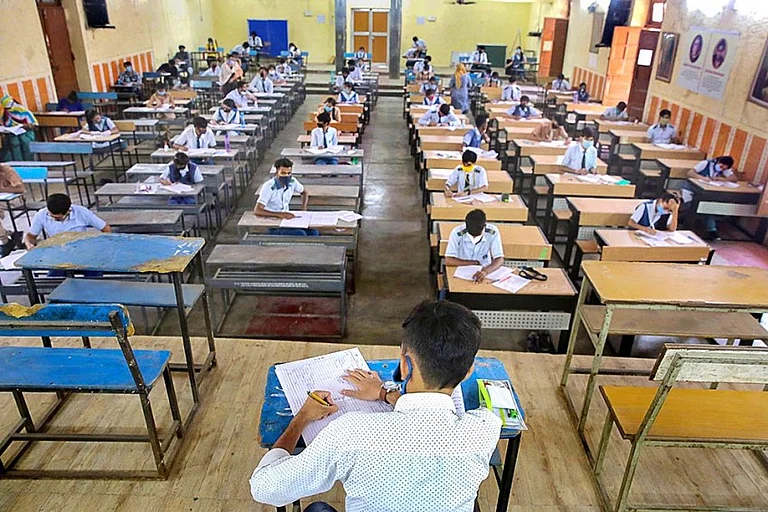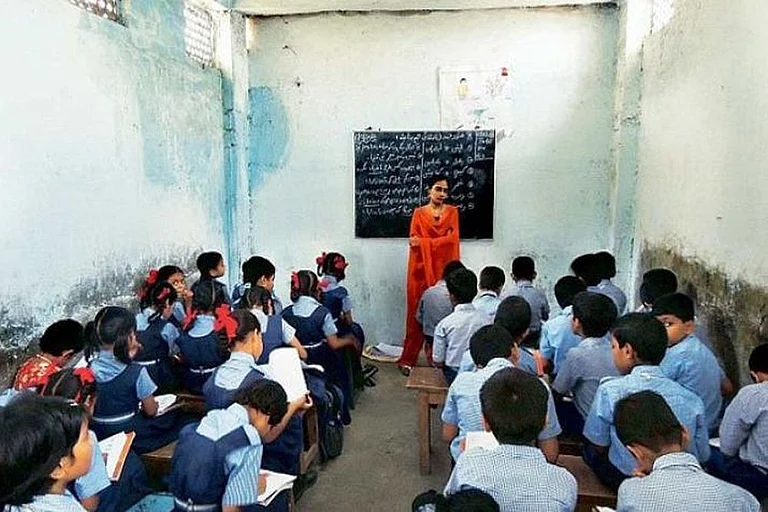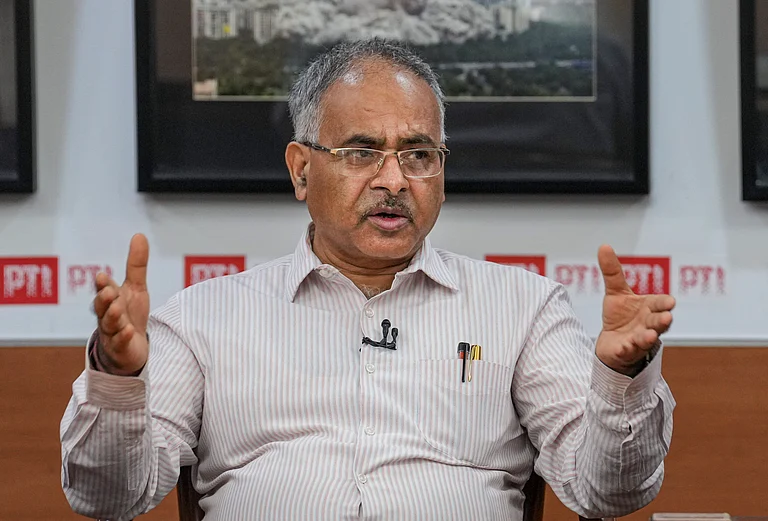The Central Board of Secondary Education (CBSE) is considering Open Book Examinations (OBE) for students of Classes 9 to 12 in accordance with the recommendations of the National Curriculum Framework released last year, according to media reports.
CBSE has proposed a pilot run of open-book tests in a few schools for English, Mathematics and Science for Classes 9 and 10 and English, Mathematics and Biology for Classes 11 and 12 later this year to evaluate the time it takes students to complete such tests and the responses of stakeholders.
What Are Open-Book Exams?
Open Book Examinations (OBE) are aimed at modernising the examination process and fostering critical thinking among students. This method allows students to refer to their textbooks or notes during the exam.
In an OBE, students are provided with the question paper before the exam, enabling them to analyse, synthesise, compare, or evaluate information. It requires students to understand the material properly and be able to apply or analyse information and content rather than just remember it.
The CBSE had previously experimented with an Open Text-Based Assessment (OTBA) format for year-end exams in Classes 9 and 11 from 2014-15 to 2016-17.
However, this format was discontinued due to negative feedback from stakeholders.
CBSE Consults Delhi University For Open Book Exams
The Central Board of Secondary Education (CBSE) is planning to finalise the design and development of the Open Book Examinations (OBE) pilot by June and has decided to seek advice from Delhi University (DU) for this project, according to The Indian Express.
Delhi University (DU) had introduced open book tests in August 2020 amid the COVID-19 pandemic, despite facing opposition.
Some students had raised concerns and approached the Delhi High Court, arguing that open book tests would be unfair to those without internet access and adequate infrastructure, particularly underprivileged students and those in the Persons with Disabilities (PwD) category, including the visually impaired.
The court later allowed Delhi University to conduct the Open Book Examinations for final-year undergraduate and postgraduate students.
Regular students were given three hours to complete the exam, with an additional hour for scanning and uploading answer sheets. PwD students were granted six hours for the examination.


























